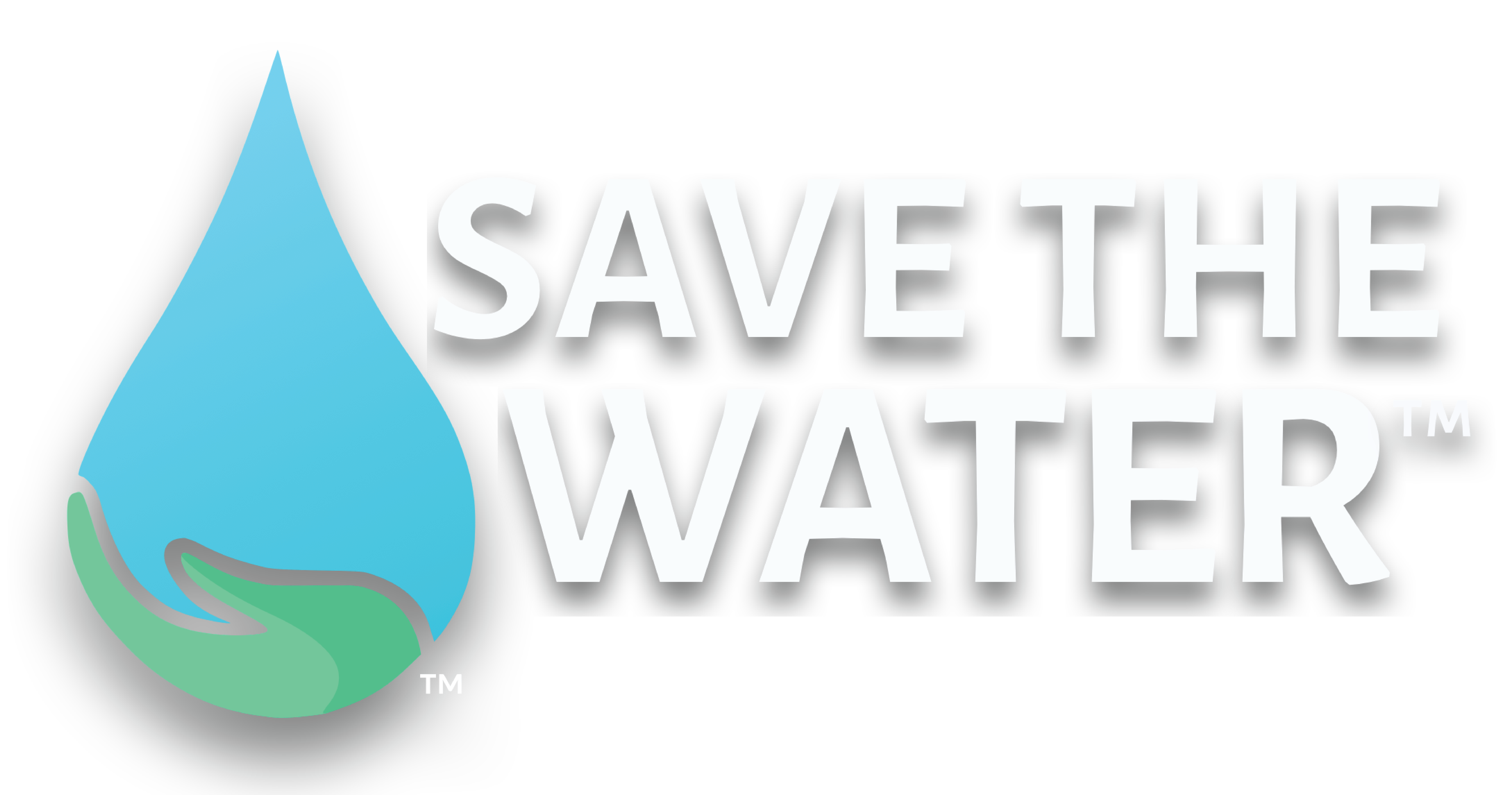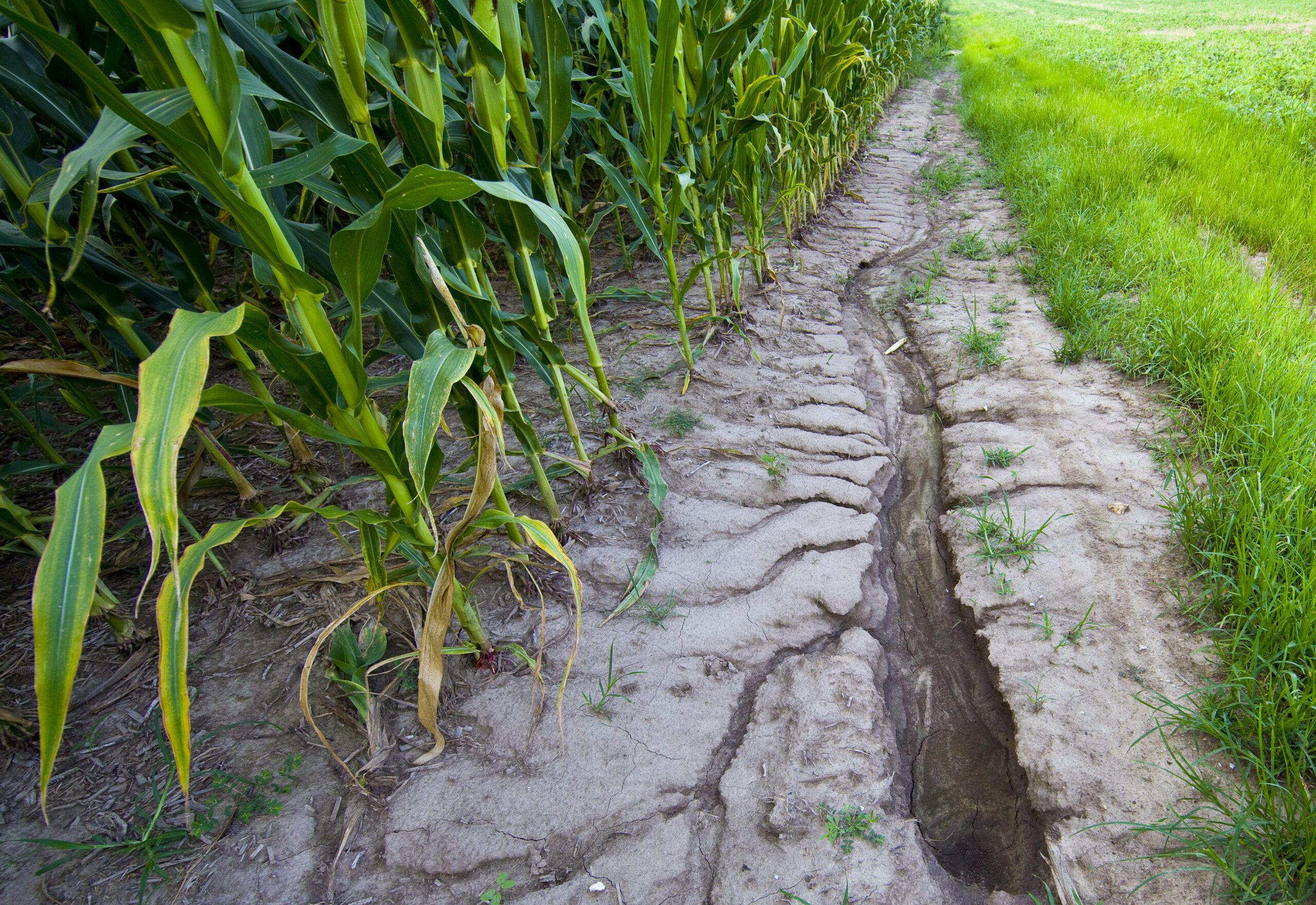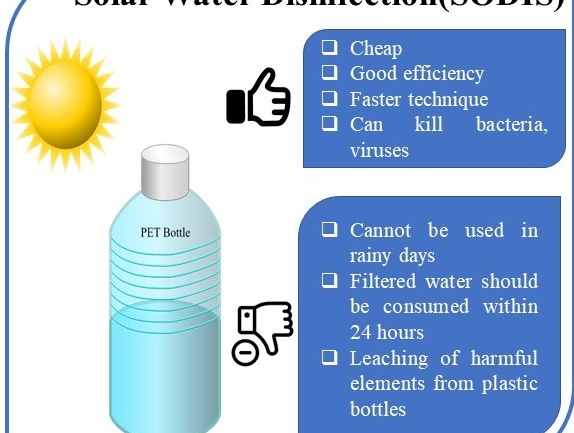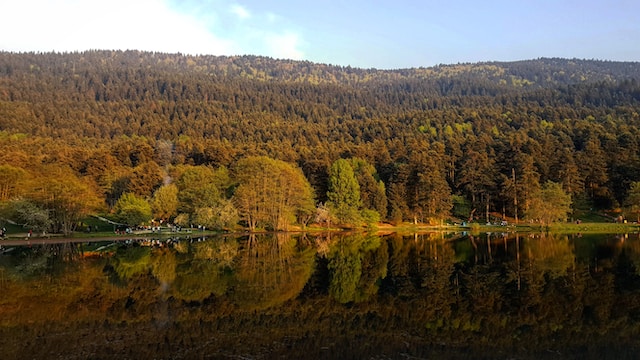By Ciara Kavanagh, Staff Writer & Researcher for Save The Water™, and April Day, Publishing Director for Save The Water™ | October 31, 2020
“Water, water, everywhere! But not a drop to drink.”
The poet Samuel Taylor Coleridge was talking about the deep blue sea. But outdated water recycling could make this salty scenario a reality on our lush, green lands sooner than we think. We need a sustainable solution, and we need it fast. Water scarcity comes in many forms. Physical scarcity (due to hot weather, droughts, or unregulated water use) has long strained our global drinking supply. But a more manufactured scarcity is one factor we overlook. This can be available water that is unfit for human consumption. It’s often the result of outright pollution or ineffective water recycling. Save The WaterTM offers one solution to farm-created animal waste pollution: one of the advanced oxidation technologies called Advanced Oxidation Treatment, or AOTTM.
The United Nations’ Food and Agriculture Organization (FAO) says the “progressive deterioration of water quality” accelerates scarcity, leaving communities with less and less clean water to live off. According to the UN’s Sustainable Development Goal 6, a sustainable solution is necessary to maintain healthy waterways and keep up with global water demand for both people and the planet.
From Farm to Fork
The agricultural sector is a good place to start in plugging the leak. Modern farming— from cattle to cornmeal— often has a large “water footprint.” FAO statistics state that agriculture accounts for a whopping 70 percent of water withdrawals worldwide. Nurturing crops and creatures from farm to fork involves thousands of gallons of water, whether in irrigation or feed. However, much of this water exits the system as fertilizer runoff, animal waste, and leaked pollution. This kind of unsustainable agriculture exhausts water reserves locally with effects on the ecosystem and economy alike.
The Pollution Process
Untreated or poorly processed wastewater can be harmful in several subtle ways. Aside from the direct effects of ingesting pathogens from agricultural waste (such as Legionella and Pseudomonas), heavy metals and toxic compounds like polycyclic aromatic hydrocarbons (PAHs) may enter soils. These toxins have even been found in vegetables growing close to polluted waterways, having carcinogenic effects on those relying on the food source. The transmission of pathogens via unsafe drinking water took the lives of 6,939 Americans in 2017 alone.
Technology for Farm Waste
The need to save the water couldn’t be more urgent. Yet current approaches fall short, with many contemporary recycling technologies relying on chemical input. They typically concentrate the pollutant rather than degrading it. This has a high environmental impact and simply transfers pollutants to the next phase. Furthermore, costs mount as pathogens persist in the water source, making the process unattractive to potential buyers.
Advanced Oxidation Technologies: One Technology is AOTTM
Enter Advanced Oxidation Technology processes, advanced oxidation technologies, or AOTs, the sustainable solution. They may be the simple bridge over troubled waters we need. Touted in literature as “one of the sustainable solutions” to the water pollution crisis, this innovative photocatalytic water purifier goes above and beyond traditional recycling. By ridding the water of pollutants such as pesticides, microorganisms, and heavy metals that harm our health, wastewater can be made fit for human consumption cheaply and quickly.
Does AOTTM, an Advanced Oxidation Technology, Work?
Different AOT technologies work in different ways. We will outline how Save The WaterTM’s AOTTM system works. Take a hog farm, for example. We select a hog farm because it is well known that hog waste is the toughest to treat. Specifically, hog waste contains more volatile compounds compared to poultry or bovine waste.
In a traditional method technology, hog waste is simply washed, mixed, and spread into the environment. The untreated, high-odor manure washes into local streams and rivers, causing water pollution. It also makes it hard for hog farms to comply with environmental regulations.
The AOTTM system gets rid of these problems. In this advanced oxidative system, a proprietary additive is added to treat the hog waste. The treated hog waste is then sent through the AOTTM reactor and ozone diffusion. After that, proprietary flocculation additives are added. Flocculation is a two-step process that gathers many small particles into a fewer number of larger particles. Next, the solids are separated by a centrifuge and dried. In short, the AOTTM produces an odor- and pathogen-free fertilizer.
But, what about the water? The produced water is separated into two streams by the AOTTM system. One stream is treated with ozone to purify it more and reuse it. The other is sent back to the process as flush water (water used for flushing).
Benefits Abound of AOTTM
Used correctly, AOTTM has many advantages over traditional technologies. Laboratory results to date, which were independently verified by third parties, include:
- 97% capture of nitrogen, phosphorus, and potassium into dried solids
- 97% reduction in bad odors
- 97% reduction in chemical odors
- 100% elimination of pathogens in dried solids
At the end of the day
Though water grows scarcer, it is no less essential to the existence of every creature on earth. However, with no chemical input and no polluting end-product, the sustainable solution of AOTs can prevent toxic entries into our water systems and ensure renewed supplies of water where we need it most. Save The WaterTM offers one solution in farming.





